After Russia started its invasion of Ukraine on the 24th of February 2022, Ukraine, Moldova and Georgia sent in their application for EU membership. Only four months later, the EU granted candidate status to both Kyiv and Chișinău. This speed of evaluation by the Commission is unprecedented and shows Ukraine’s power as it has evolved. It shows that the Copenhagen criteria (the rules that define whether a country is eligible to join the European Union) have become extremely fluid. The EU’s entire accession process has evolved away from economic and democratic aspects towards a peace and state-building mechanism at the EU’s border. This is a direct consequence of Russia’s attack on Ukraine.
If we look to the East and analyse the relationship between Ukraine and the European Union, we can see that Kyiv is currently entirely dependent on the West.
In order to maintain a functioning state, it needs the military, financial and economic support from the EU and its Western allies. At the same time, Ukraine is setting the terms of this relationship.
It’s a victim of Russia’s aggression and also a potential victor in the war. Ukraine has become a far too important neighbor of the Union to ignore. The EU is also granting concessions to Ukraine that without the war it would not. Politics and society in Ukraine have become completely securitized. All efforts by the officials in Kyiv are devoted to maintain the sovereignty of the country, which in this case means supporting the army. Officially, 50% of the entire state budget goes to “national security and defense”, however the real figure is likely higher. President Zelensky has even stated that he sees Ukraine’s future as “a big Israel”.
This would entail building up a state constantly at war and becoming a country with no clear borders.
The Azov Regiment and Democratic Deficit
It is then understandable that one questions the democratic and rule of law criteria as requirement for accession the European Union. Criticism from Brussels concerning human and minority rights have been rather muted, even before the war. The fact remains that since the 2014 Maidan revolution, Ukrainian nationalistic tendencies have been on the rise. There has been pressing issues concerning minority rights and language laws. The Human Rights Watch, the European Union and even the NATO have repeatedly called for Kyiv to undertake reforms or withdraw certain laws. Nevertheless, Kyiv has not been able to push back against forces inside the country.
In view of the conflict that Russia unleashed in 2014, by forging an armed revolution in the Donbass and annexing – with arms once again – Crimea, Ukraine responded with investing in its own military. In a situation like this, when a state is threatened, either by external forces or from an armed opposition inside the country, people are susceptible to extreme views. Since 2014, Kyiv has been obliged to appease the forces on the far-right, such as the Azov regiment. During an armed conflict it’s those who hold radical views who take the brunt of the fighting. So-called “moderates” are less likely to give their life for a cause.
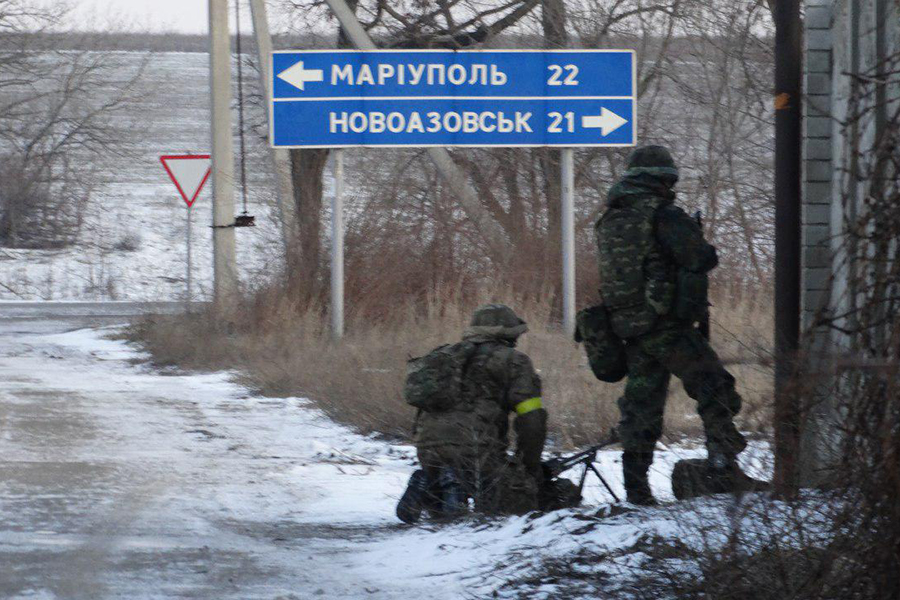
Azov forces moving during the Battle of Shyrokyne in 2015 (Photo: Wikimedia Commons /
NATIONAL GUARD OF UKRAINE)
Those who advocate for peaceful protests and non-armed confrontation are pushed aside the more brutal a conflict gets and a conflict drags on. The government in Kyiv has been obliged to rely on nationalistic forces and take their view into account when formulating policy.
Even though certain laws have curtailed minority rights and unfavorably affect Ukraine’s security, notably vis-á-vis the relationship with the NATO and Russia, Kyiv has not been able to roll them back.
It remains key for successive Ukrainian governments to have the nationalists’ support, because they were – and still are – at the front lines. Because of the appeasement of the far-right, Ukraine will not be able to join the European Union and NATO.
Neither will Kyiv be able to withdraw the minority and language laws as long as the conflict goes on. The government is at a dead-end when it comes to substantive accession talks with both organisations.
There are other reasons which render Ukraine unable to join the European Union. Martial law has been in place since the high-intensity conflict began on the 24th of February 2022. It has been used to centralize power in the hands of the presidency and weaken political dissent. One month after Russia’s invasion, Ukraine’s National Security and Defense Council suspended 11 political parties it deemed pro-Russian. One of those was the Opposition Platform for Life which had 44 members in the 450 seat Ukrainian parliament, the Verkhovna Rada.
Citing martial law, the presidential office also further centralized the media landscape in March 2022. The “unified media policy” regulation combines all national tv channels into the government’s hand. The reasoning given by Kiev is the necessity to counter pro-Russian propaganda. When the EU granted candidate status to Ukraine in 2022, several European media lobby groups, such as the European Federation of Journalists called on the authorities to bring media legislation in line with European standards of press freedom. The European Commission didn’t directly confront Kyiv on the matter, instead the Commission stated that they’re “following developments” in the Ukrainian media landscape and that free media is a necessity for joining the bloc.
A country where press freedom is limited, political parties are banned and martial law is enacted will not join western political and military institutions in the foreseeable future.
Nevertheless, the EU as a whole, remains keen on deepening the relationship with Ukraine because after all, the country is fighting for survival against a much more authoritarian state, Russia. The EU will continue to give financial support to Ukraine in the current situation, even if democracy and rule of law mechanisms remain questionable.
Cooperation possibilities with Ukraine
Dialogue and deals with authoritarian states are a necessity for a geopolitical power. The European Union has started on this path with financial support to Serbia, energy negotiations with Egypt and Azerbaijan and with the relationship with Ukraine. Accession of Ukraine (and for that matter Serbia) to the European Union remains off the cards with a pervasive political system.
On the other hand, the European Union could offer other kind of cooperation mechanisms, which fall short of a full-fledge membership, but gives incentive to close relations.
This could be the path for the countries in the Balkans, Turkey and even Morocco, which applied to the EU in 1987.
Accession of Ukraine to NATO is similarly hampered by the unanimous decision-making procedure. Hungary’s reasoning for opposing close NATO-Ukraine cooperation is the curtailment of rights for minorities in Ukraine. While it has become fashionable to voice support for Ukraine’s accession to western organisations, when it comes to NATO, even President Macron has stated that “Ukraine’s entry into NATO is not the most likely scenario”. Nevertheless, even if full-fledged membership is not on the table, it’s in NATO’s interest that Ukraine remains close. Kyiv’s military strength is currently ranked fourth among European NATO member states. It has already received several hundreds of Soviet-era battle tanks from NATO countries. As one would expect, there was a price for sending these old tanks to Ukraine, as the countries which gave this support are compensated with modern Western tanks.
The consequence for military support to Ukraine will be a greatly enhanced power on NATO’s and the EU’s eastern border. Ukraine will be possession of different types of main battle tanks, such as Leopard 2 and M1 Abrams, high-precision artillery systems such as HIMARS and M270 MLRS and likely western fighter jets. A country with a military inventory of such quality will attract eyebrows from all bordering countries, including NATO members. We’re witnessing a radical change in force posture at NATO’s Eastern border and some kind of modus vivendi needs to be constructed by the end of the war. When President Biden says that there can’t be peace talks without Ukraine, we also have to take into account that just by the country’s military strength, Ukraine has become a force to reckon with. With its current military capability, Kiev will not accept any deal between major powers which would include the demilitarization of the state. The Ukrainian armed forces are simply too powerful.
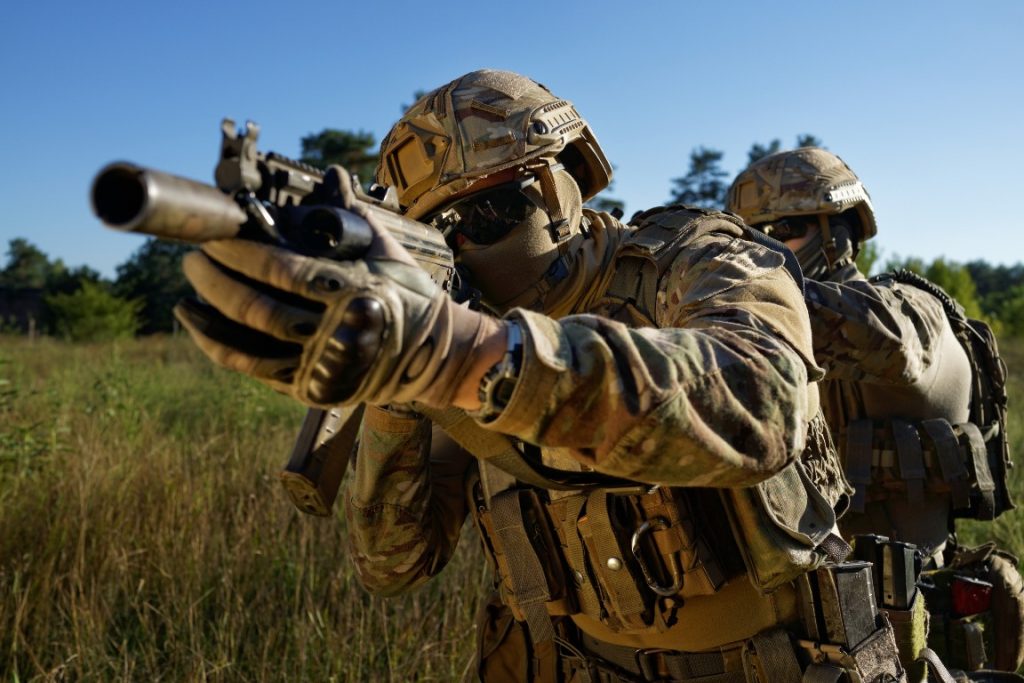
Ukrainian Special Operation Forces (Photo: Wikimedia Commons / mil.gov.ua)
Those who say that Ukraine doesn’t matter, and this is a war between Russia and the US, one the hand dehumanize the Ukrainian people and trample on its sovereignty. It’s impossible to think about a scenario where Ukraine gives up Leopard tanks, HIMARS artillery systems and modern fighter jets, unless all this military equipment is on the verge of destruction. We’re far from that.
Ukraine’s Power: The Future of the Western Relationship
The West, and especially the countries bordering Ukraine, have to come to terms with the fact that unless Russia wins the war, a powerful military power has emerged.
If Ukraine joined the European Union, it would have the 5th largest population, according to pre-war statistics. It would have tremendous influence in the European Parliament. Current member states are likely taking these factors into account, and it would come of no surprise if not everybody would be eager to let someone more powerful in.
Instead, a different type of cooperation should be on the offer, even in the long-term. Because it would do tremendous damage to the European project if a country with issues concerning the rule of law, democracy and minority rights would join western institutions, solely on the merit of standing up against Russia. Member states do also have to stand up for European values, because they do exist as well.

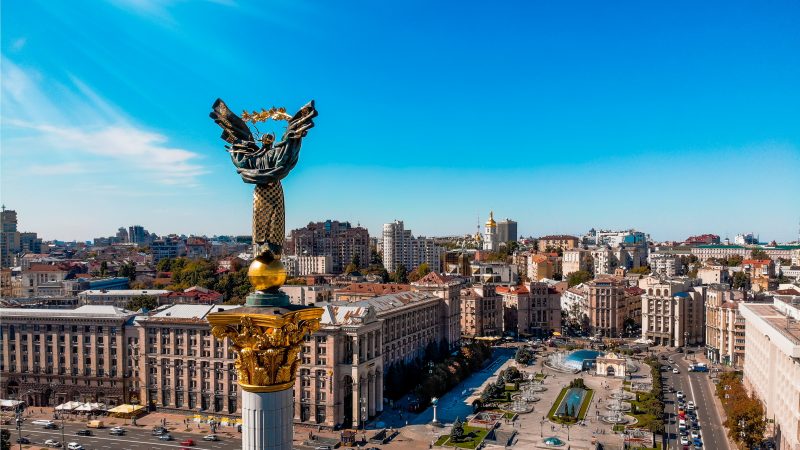
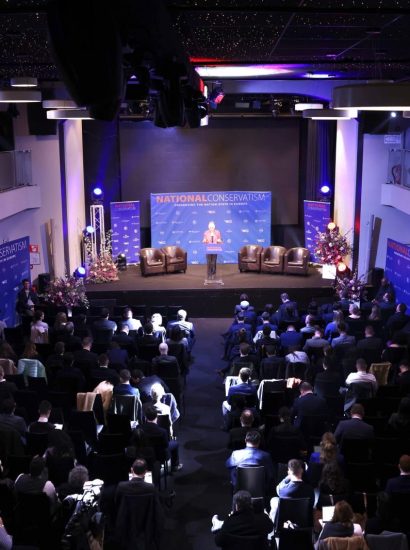
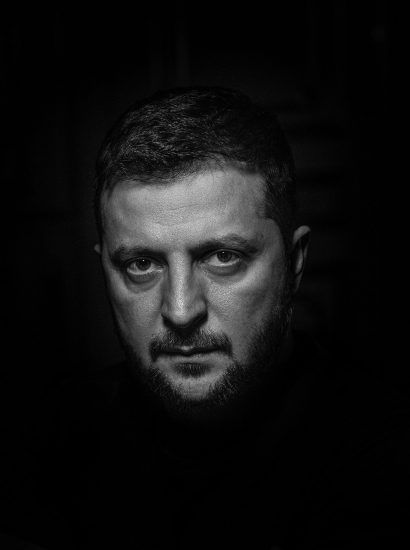
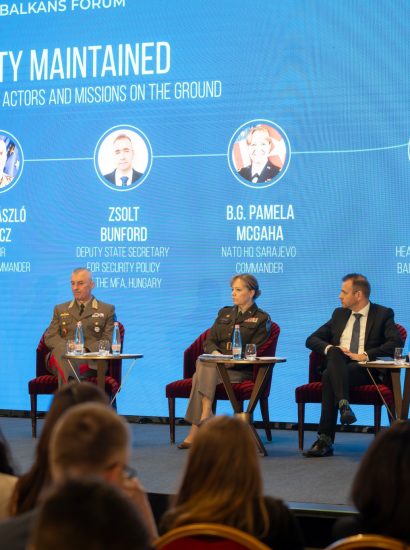
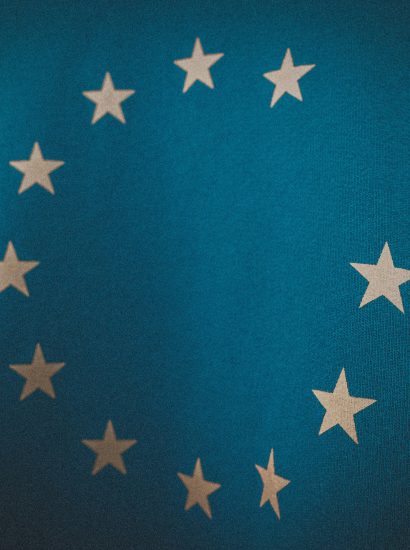
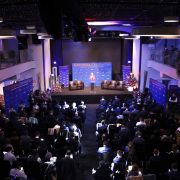

[…] Ukraine politically and militarily without entering into a direct confrontation with Russia has become the overwhelming priority of EU […]